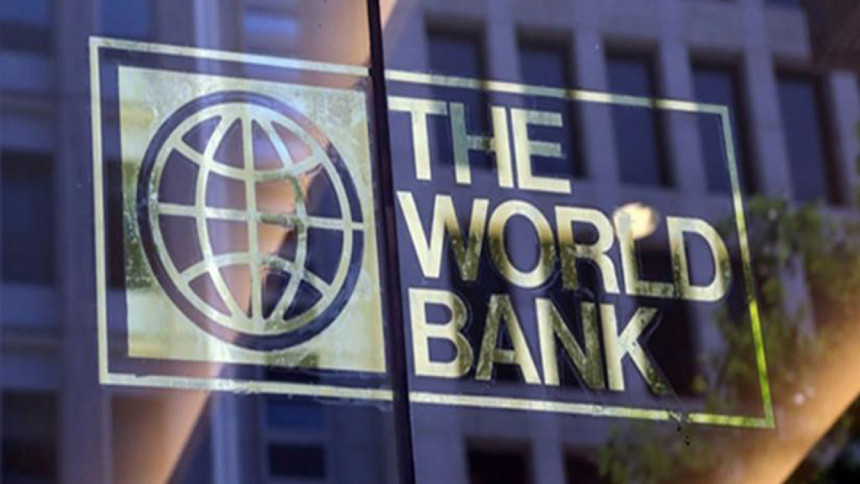The World Bank has approved a $500 million grant to bolster Nigeria’s efforts in recovering from the economic and social impacts of the COVID-19 pandemic. The funds will be deployed through the Nigeria Community Action for Resilience and Economic Stimulus (NG-CARES) programme, which was launched in 2021 to support vulnerable households and micro and small enterprises hit hardest by the pandemic.
Speaking at the conclusion of a two-day Peer Learning and Experience Sharing meeting in Port Harcourt, Dr. Lire Ersado, the World Bank Task Team Leader for NG-CARES, announced the grant, which will also aid broader economic recovery initiatives across Nigeria. Ersado, represented by Prof. Foluso Okumadewa, an official with NG-CARES, confirmed that the World Bank’s commitment to supporting NG-CARES will extend for the next three years, with the possibility of further extension if backed by the Nigerian government.
“The World Bank is dedicated to ensuring the institutionalisation of the NG-CARES programme to guarantee its sustainability even after external funding ceases,” Ersado said. The programme, he explained, is designed to promote economic resilience and stimulate local communities affected by the pandemic.
Dr. Abdulkareem Obaje, the National Coordinator of NG-CARES, highlighted the significant achievements of the programme, which has already spent $750 million to provide essential support to those in need. He pointed out that 88% of the total allocated funds, amounting to $625 million, has been disbursed to various states as reimbursements for completed projects. Obaje described this as a remarkable achievement given the programme’s extensive scope and tight timeline.
An additional $50 million is expected to be disbursed by December 31, with the possibility of extending the programme beyond this date. NG-CARES has surpassed its initial targets by 30%, disbursing $345 million to states and achieving $834 million in verified outcomes. The programme could reach the $1 billion milestone by the end of the fourth Independent Verification Agent assessments, which are focused on supporting shock victims in several states.
Alhaji Abdulateef Shittu, the Director-General of the Nigerian Governors Forum (NGF), commended the states for their active participation and collaboration. He underscored the NGF’s mandate to assist states in adopting best practices for developmental programmes like NG-CARES through peer learning and experience-sharing.
“The Nigerian Governors Forum is proud of the states’ collective efforts in overcoming common challenges to achieve the success of NG-CARES. This programme stands as a model for future development initiatives,” Shittu concluded.




